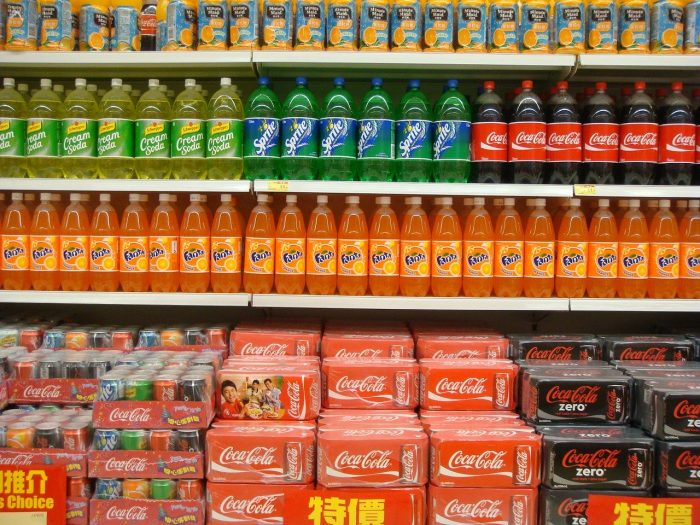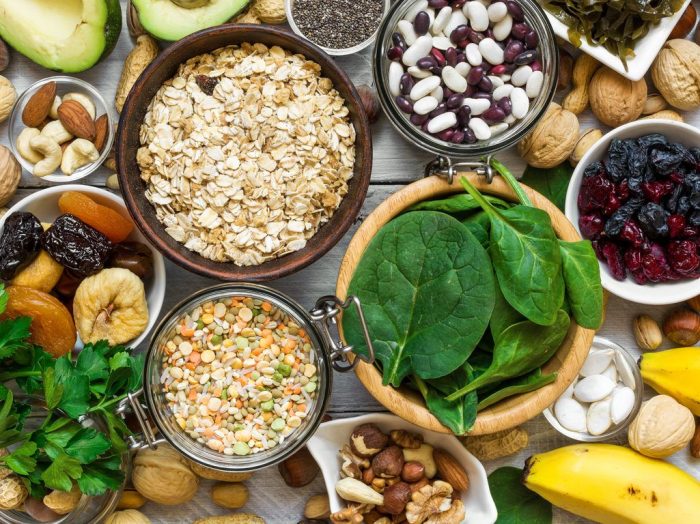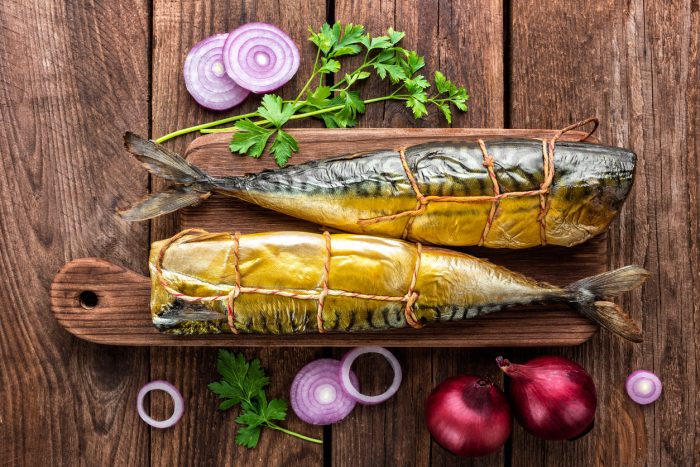A study authored by lead researcher Lauren Bandy from University of Oxford reveals a huge drop in the amount of sugar sold in soft drinks in the UK, between 2015 and 2018.
The research looked at carbonated drinks, concentrates, 100% juice, juice drinks, energy drinks, sports drinks and bottled water and it was recently published in BMC Medicine. This was an annual cross-sectional study using nutrient composition data of 7377 products collected online, paired with volume sales data for 195 brands offered by 57 companies.
The two biggest companies, Coca-Cola and Britvic, had reduced the total quantity of sugars they sold in drinks by 17% and 26% respectively, although the sugar content of their flagship brands Coca-Cola and Pepsi remained unchanged.
Eight out of the top 10 companies reduced the sugar content of their products by 15% or more. Overall, the amount of sugar sold in soft drinks dropped by 29%! That’s almost a third. Which proves that it can be done, with proper policies, tax included, and a better health education.
As a matter of fact, the rate of change accelerated between 2017 and 2018, when the British government introduced the Soft Drinks Industry Levy (SDIL), in April 2018, to help tackle childhood obesity.
“It is encouraging to see such a large reduction in sugars sold in soft drinks. This is largely a result of change in the composition of drinks but there have also been shifts in consumer purchasing behaviour, with more consumers choosing drinks with low, or no, sugar content. These changes are likely to be due to a combination of government action, mostly through the SDIL, changes in marketing practices on the part of the soft drinks industry, and greater awareness of the harms caused by sugary drinks amongst consumers. They show that it is possible for improvements in public health to be consistent with successful business practices.” — Lauren Bandy, lead researcher





